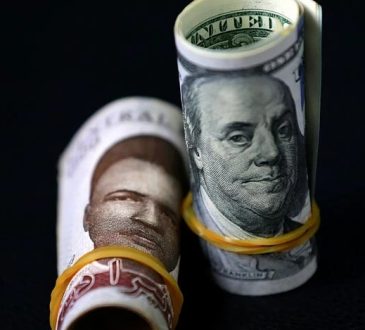
In a nation where the naira’s value is a delicate dance, the Central Bank of Nigeria (CBN) has issued a directive that could redefine the rhythm. Effective immediately, all inbound international money transfers must be paid in naira, not foreign currency.
The new regulations, which impact services provided by Western Union, MoneyGram, Rapidtransfer, Ria, and other CBN-approved International Money Transfer Operators (IMTOs), have far-reaching implications. IMTOs are now prohibited from facilitating outbound transfers and can only disburse funds to beneficiaries in naira, either through a bank account or in cash at the prevailing foreign exchange market rate.
While banks and financial technology companies are barred from offering international money transfer services, they can act as agents for IMTOs. This strategic move by the CBN aims to discourage the dollarization of the economy and ensure remittances contribute to the country’s economic stability.
A Ripple Effect Across Borders
Nigerians abroad, who have long sent dollars and other foreign currencies into bank accounts in the country, must now adjust to this new reality. IMTOs such as WorldRemit and Sendwave have already complied with the directive by removing the option of sending dollars to bank accounts in the country and exchanging at the rate of N1,450 to the dollar. This shift is not without its challenges. While it may boost the supply of naira and curb the demand for foreign currencies, it also raises questions about the potential impact on the black market exchange rate and the overall health of the economy.




